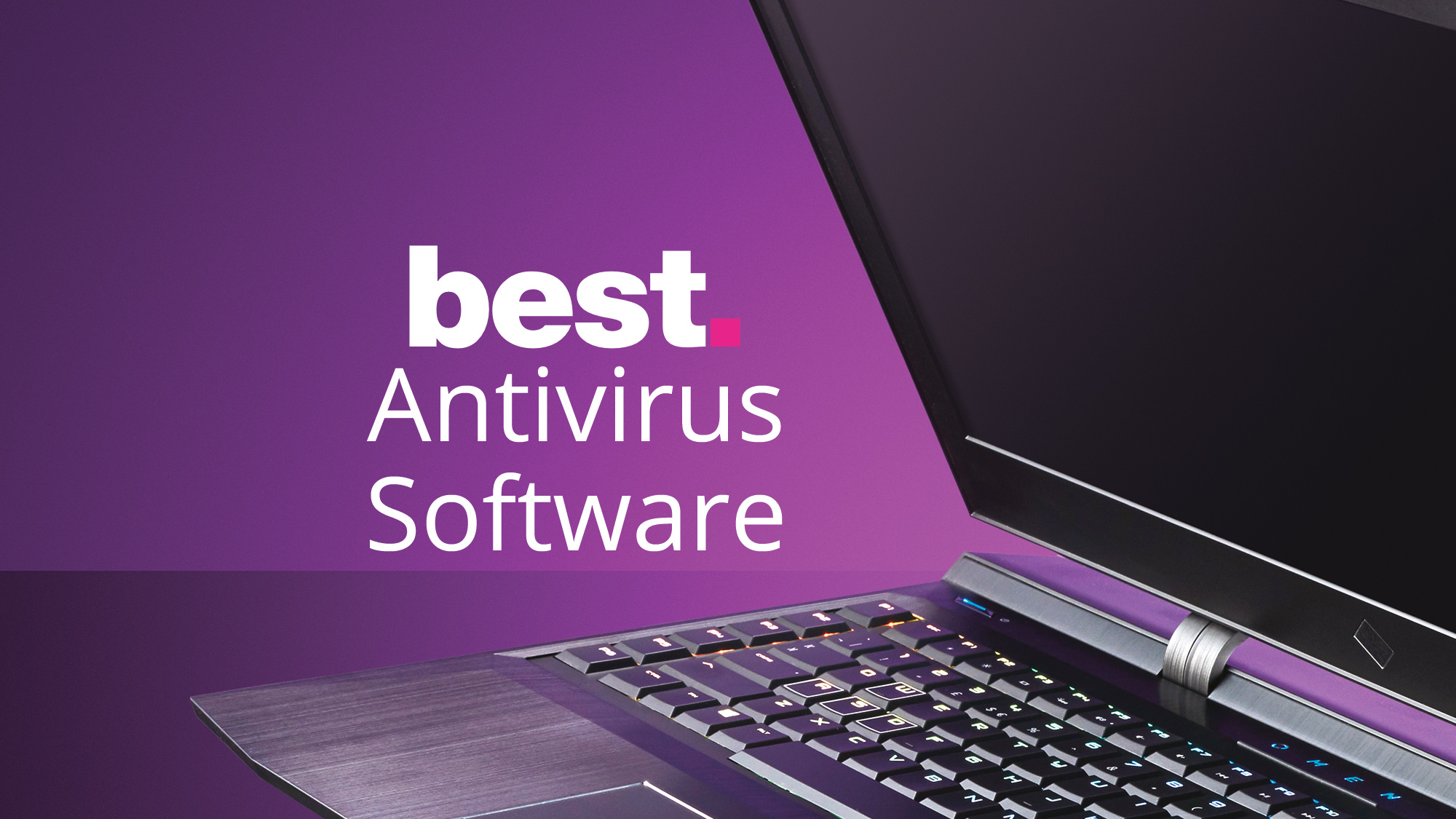A micro business is a small-scale enterprise typically run by one or a few individuals with minimal resources. These businesses often focus on niche markets and offer specialized products or services.
In today’s competitive business landscape, micro enterprises play a vital role in driving innovation and meeting consumer needs. These small businesses contribute significantly to the economy by creating job opportunities and fostering entrepreneurial spirit. With the rise of e-commerce and digital marketing, micro businesses have more opportunities to reach a global audience and compete with larger corporations.
Despite their size, micro businesses can be highly profitable and have the potential for growth and scalability. By leveraging their agility and creativity, micro businesses can carve out a unique position in the market and thrive in an ever-evolving business environment.
What Is A Micro Business?
Introduction:
Welcome to our blog post on “What Is a Micro Business?” In this section, we will explore the definition and characteristics of micro businesses. So, let’s dive right in!
Definition Of Micro Business
A micro business refers to a small-scale enterprise that operates on a minimal budget with a limited number of employees. It is commonly a one-person business or a small team of individuals working together to provide goods or services.
These businesses are characterized by having a low initial investment and generating modest income. They are often home-based or operate in small rented spaces, enabling entrepreneurs to keep costs low and maintain a flexible work-life balance.
Characteristics Of Micro Businesses
Micro businesses possess distinct characteristics that set them apart from larger enterprises. Here are some key attributes:
- Small in Scale: Micro businesses are typically run by a handful of people and do not have extensive organizational structures. This allows for quick decision-making and adaptability to meet customer demands.
- Niche Focus: Many micro businesses cater to a niche market, targeting a specific audience’s needs or preferences. This enables them to build a loyal customer base and differentiate themselves from larger competitors.
- Community-Oriented: Micro businesses often operate within their local communities, providing personalized products or services that cater to the unique needs of their customers. This fosters a sense of community and strengthens customer relationships.
- Minimal Overhead Costs: Compared to larger businesses, micro businesses have significantly lower overhead costs. By operating from a home office or shared workspace, entrepreneurs can save on rent and utilities, allowing them to allocate more resources to core business activities.
Moreover, micro businesses tend to be frugal in their expenditure, utilizing cost-effective marketing strategies and leveraging technology tools to streamline operations.
In conclusion, micro businesses play a vital role in the economy, offering entrepreneurs the opportunity to follow their passion and provide specialized products or services. Despite their small scale, these businesses contribute significantly to local communities and offer valuable employment opportunities.

Advantages Of Owning A Micro Business
Now, let’s dive into the various benefits that come with owning a micro business:
Flexibility And Control
Operating a micro business allows you to have flexibility in your work schedule.
Low Start-up Costs
With a micro business, you can get started with minimal investment required.
Opportunity For Creativity And Innovation
Running a micro business provides room for creativity and innovation.
Challenges Of Operating A Micro Business
Operating a micro business comes with its own set of challenges, and it’s essential to be well-prepared for the hurdles that lie ahead. Understanding the potential obstacles can help micro business owners strategize and navigate their way to success.
Limited Resources
Micro businesses often operate with minimal resources, which can make it challenging to compete with larger competitors. While larger companies may have the luxury of substantial capital and manpower, micro businesses must make the most of what they have, leveraging creativity and innovation to stand out in the market.
Increased Workload
As the sole or primary decision-makers in their businesses, micro business owners often shoulder a significantly larger workload. The responsibilities of managing various aspects of the business – from operations to marketing – can be overwhelming, requiring careful time management and prioritization.
Access To Financing
Securing financing can be particularly challenging for micro businesses, as traditional lenders may be hesitant to extend loans to smaller ventures. Access to funding is crucial for growth and sustainability, and micro businesses must explore alternative funding options such as microloans, crowdfunding, or bootstrapping to support their operations.

Popular Types Of Micro Businesses
Micro businesses are small-scale enterprises that typically employ just a handful of individuals or even operate as one-person ventures. These businesses are often nimble, innovative, and deeply connected to their local communities. While micro businesses come in various forms, there are some popular types that have gained prominence in recent years.
Online Retail Stores
Online retail stores are one of the most prevalent forms of micro businesses. They operate exclusively online, offering a wide array of products ranging from clothing and accessories to electronics and handmade goods. These businesses leverage digital platforms to reach a global audience, enabling them to thrive in the competitive e-commerce landscape.
Freelancing Services
Freelancing services encompass a broad spectrum of skills and expertise, including graphic design, writing, programming, and digital marketing. Micro businesses in this category typically consist of individual freelancers or small teams offering specialized services to clients on a project-by-project basis. The rise of remote work and the gig economy has propelled the growth of freelancing micro businesses.
Home-based Bakeries
Home-based bakeries cater to the demand for artisanal and customized baked goods. These micro businesses often operate from home kitchens, producing a diverse range of products such as cakes, pastries, cupcakes, and bread. With a focus on quality and personalized service, home-based bakeries have carved out a niche in the food industry, attracting local clientele and online orders alike.
Steps To Start And Grow A Micro Business
Welcome to our guide on the steps to start and grow a micro business. Taking the leap into entrepreneurship with a micro business presents unique challenges and opportunities. To thrive in this space, it’s essential to identify a niche, create a business plan, and build a strong online presence.
Identify A Niche
To begin, identify a niche that aligns with your passions and meets a specific market demand. Research your target audience, competitors, and industry trends to ensure your niche is viable and distinct.
Create A Business Plan
Next, create a business plan that outlines your objectives, target market, marketing strategy, financial projections, and operational details. This plan serves as a roadmap for your micro business’s growth and helps secure funding if needed.
Build An Online Presence
Establishing an online presence is crucial for reaching potential customers. Develop a professional website, engage in social media marketing, and leverage search engine optimization (SEO) strategies to maximize visibility and attract your target audience.
Financial Management Tips For Micro Business Owners
Running a micro business comes with its own set of challenges and opportunities. As an owner, it is essential to have a solid understanding of financial management and how it can contribute to the success of your business. In this section, we will explore three important financial management tips for micro business owners, which include separating personal and business finances, tracking expenses and revenue, and investing in business growth.
Separate Personal And Business Finances
One of the first steps in maintaining healthy financial management for your micro business is ensuring that your personal and business finances are kept separate. Mixing personal and business finances can lead to confusion and make it difficult to track your business’s financial performance accurately.
To separate personal and business finances, consider opening a separate bank account exclusively for your business. This will allow you to easily track and manage business expenses and income separately. Additionally, it will provide a clear picture of your business’s financial health and make tax filings much easier.
Track Expenses And Revenue
Tracking expenses and revenue is crucial for effective financial management in any business, especially in a micro business. Make it a habit to keep detailed records of all business-related transactions, including purchases, invoices, and sales.
You can use various tools and software available online to simplify the task of tracking your business finances. Consider using accounting software or spreadsheets to organize and categorize your expenses and revenue. By regularly reviewing and analyzing these records, you can gain insights into your business’s financial performance and make informed decisions.
Invest In Business Growth
Investing in business growth is an important aspect of financial management for micro business owners. While it may be tempting to solely focus on day-to-day operations, setting aside funds for future growth is crucial for long-term success.
Consider allocating a percentage of your revenue towards business development activities such as marketing, research, and development. By investing in strategic initiatives, you can expand your customer base, improve your products or services, and ultimately increase your profitability.
Remember, financial management is an ongoing process, and it requires consistent attention and monitoring. By implementing these financial management tips, you can enhance the financial health of your micro business and pave the way for sustainable growth.
Marketing Strategies For Micro Businesses
Micro businesses are small-scale enterprises with a limited number of employees. Marketing strategies for these businesses focus on leveraging cost-effective techniques to reach a niche audience and drive growth. By utilizing targeted digital and traditional marketing tactics, micro businesses can establish a strong online presence and attract customers within their local community.
Utilize Social Media Marketing
In today’s digital age, social media has become an indispensable marketing tool for micro businesses. With its widespread popularity and user engagement, platforms like Facebook, Instagram, and Twitter offer immense opportunities for reaching a wide audience and promoting your products or services. By creating a strong social media presence, you can interact with potential customers, drive traffic to your website, and increase brand awareness. It’s crucial to identify which platforms are most relevant to your target audience, develop a strategic social media plan, and regularly post engaging content to keep your followers interested and informed. Don’t forget to analyze the performance of your social media campaigns through metrics and make necessary adjustments to optimize your marketing efforts.
Implement Email Marketing
Despite the rise of social media, email marketing remains a highly effective strategy for micro businesses. It allows you to establish direct communication with your customers and build long-lasting relationships. Create an email list by enticing visitors to subscribe through your website or social media channels. With a well-designed email template, you can promote your products, share valuable content, and announce special offers or discounts. Personalize your emails whenever possible to create a sense of connection and address your customers’ specific needs. It’s essential to embrace analytics tools that can help you monitor the open rates, click-through rates, and conversion rates of your email campaigns. This data will guide you in refining your approach and ensuring you deliver the right message to the right audience at the right time.
Build Customer Loyalty
In the highly competitive business landscape, customer loyalty plays a significant role in the success of micro businesses. Building strong relationships with your customers is crucial for fostering repeat purchases and positive word-of-mouth. Providing exceptional customer service is a fundamental aspect of achieving this goal. Make sure to respond promptly to customer inquiries and resolve any issues efficiently. Offering personalized incentives, such as loyalty programs or exclusive discounts, will encourage customers to keep coming back. Additionally, consider requesting customer feedback and using it to improve your products or services. By actively engaging with your customers and nurturing their loyalty, you can create brand ambassadors who will advocate for your business and contribute to its growth.
Success Stories Of Micro Businesses
Case Study 1: The Rise Of A Micro Business
A micro business, exemplified by Case Study 1, shows how small ventures can grow exponentially.
- Started as a home-based bakery, leveraging social media for marketing.
- Offered unique baked goods, attracting a loyal customer base.
- Expanded operations by opening a storefront, doubling revenue.
Case Study 2: From Micro Business To Industry Leader
Transitioning into an industry leader is showcased through Case Study 2’s journey.
- Originated as a one-person consulting firm specializing in digital marketing.
- Implemented innovative strategies, gaining recognition in the industry.
- Gradually scaled the business, becoming a go-to agency for major brands.

Frequently Asked Questions On What Is A Micro Business?
What Is Considered A Micro Business?
A micro business typically refers to a very small company with fewer than 10 employees. These businesses often operate on a small scale and have minimal resources. They can include sole proprietorships, freelancers, and home-based businesses.
What Is An Example Of A Micro Business?
Micro businesses are small-scale enterprises with a limited number of employees. Examples include home-based businesses, freelancers, and online shops.
How Does Sba Define Microbusiness?
SBA defines microbusiness as having fewer than 10 employees and minimal annual revenue. It includes sole proprietorships, startups, and small enterprises.
How Do I Start A Micro Business?
To start a micro business, brainstorm ideas, conduct market research, create a business plan, register the business, and start marketing.
Conclusion
In essence, a micro business is a small-scale enterprise with fewer employees. It thrives on flexibility and personalized service. Leveraging digital tools can help micro businesses expand their reach. By focusing on strengths and embracing innovation, micro businesses can achieve success in a competitive market.



